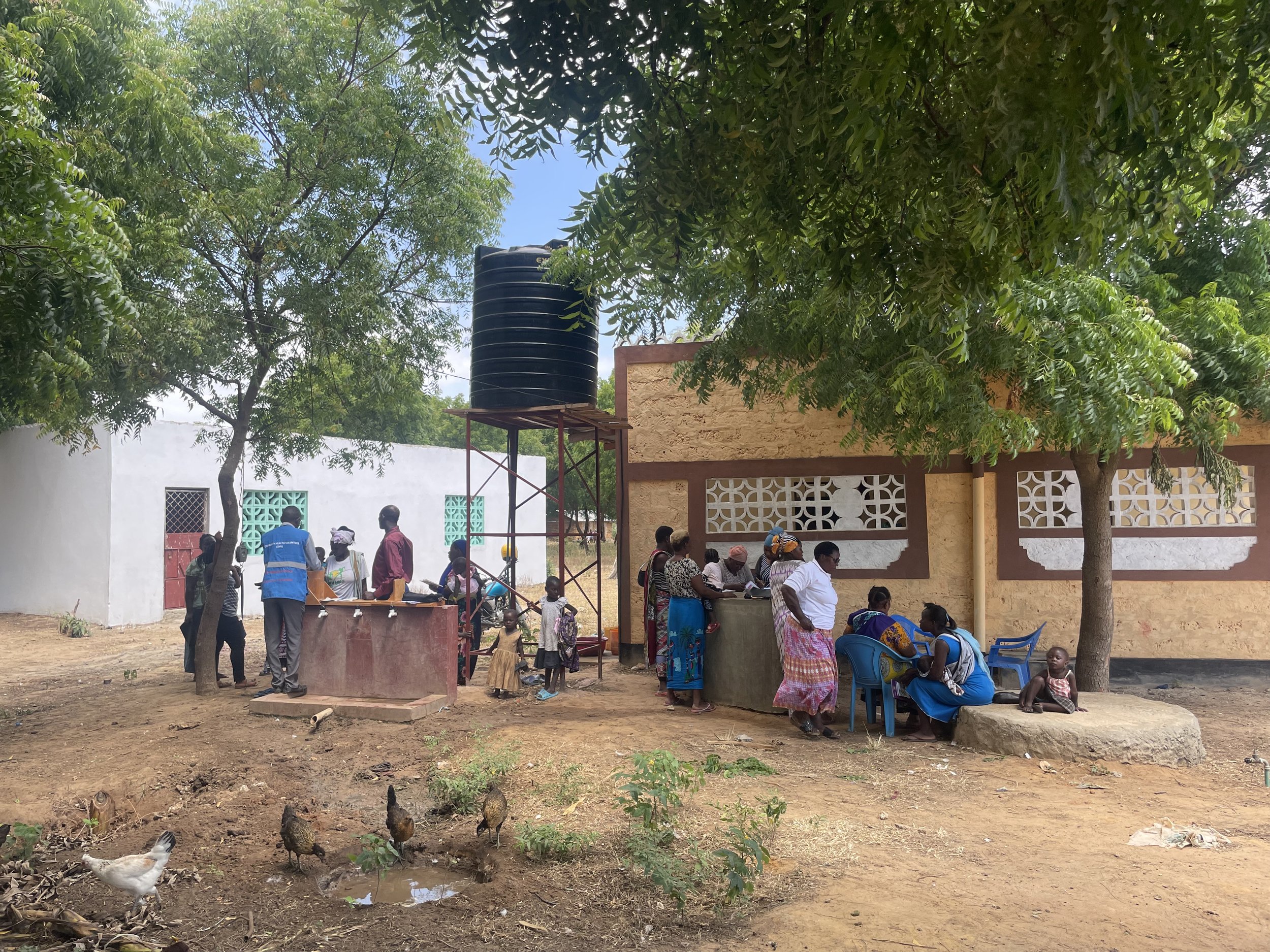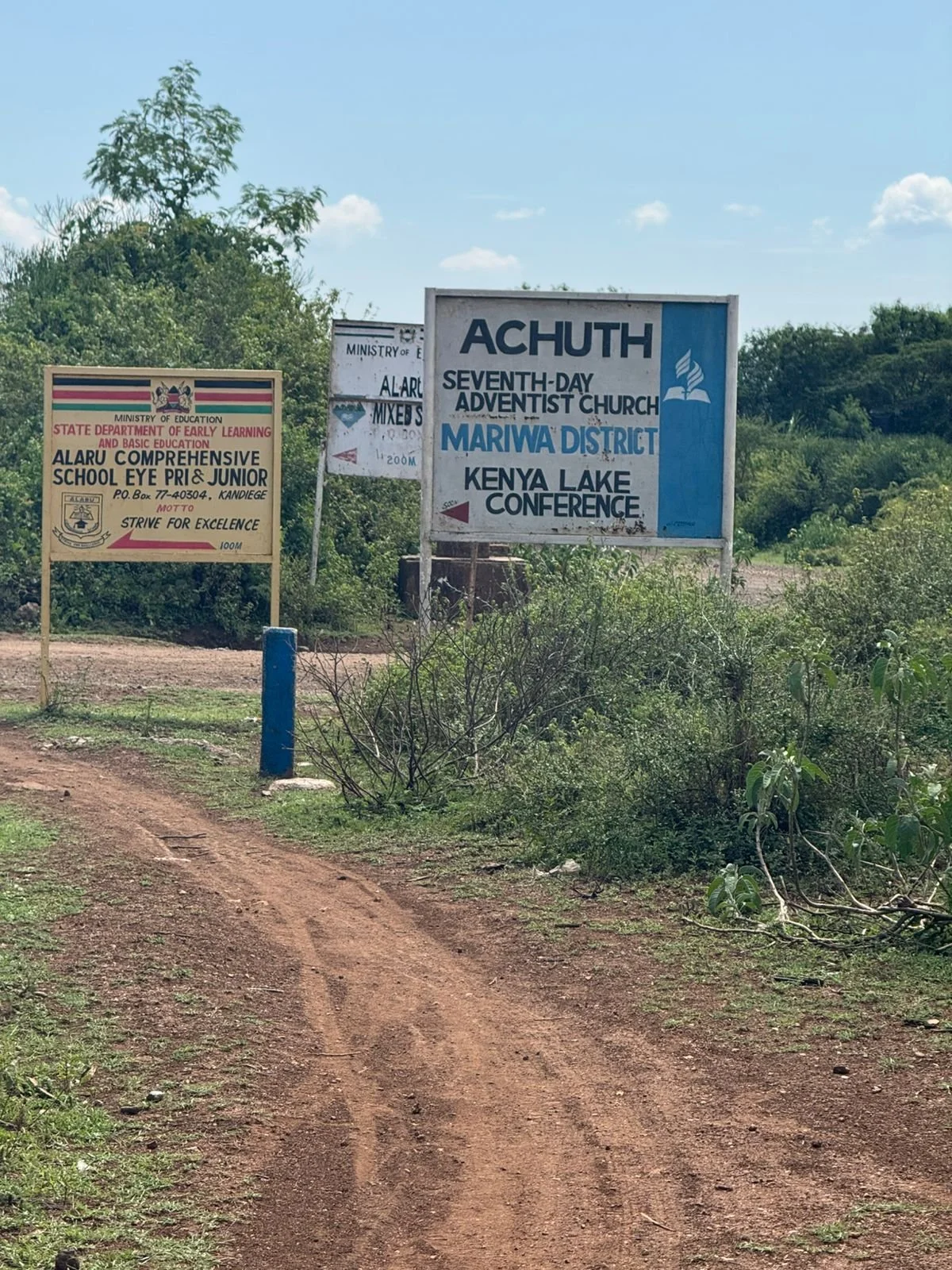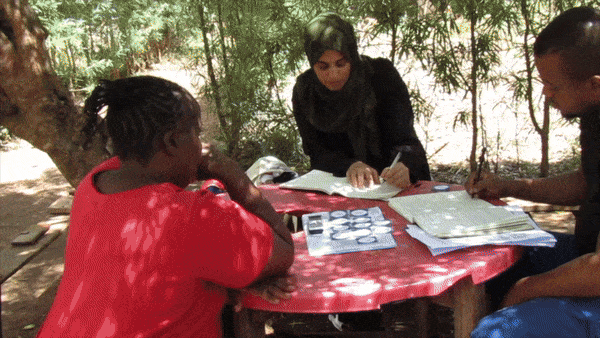
The Vaccine Trust Project is led by ReD Associates, a strategy consultancy rooted in the humanities and social sciences, in collaboration with partners in Kenya, Pakistan, and Nigeria, and funded by the Gates Foundation.
On this website, you can delve into insights and updates from the Vaccine Trust Project and collaborators around the world, explore the Vaccine Trust Survey Tool to measure trust yourself, and access survey data to dive deeper into the world of vaccine trust. As the global health community uses trust – and our shared understanding grows and evolves – this website will grow and evolve as well.
We welcome collaboration. Please feel free to get in contact.
Latest Updates
Page Contents
Why Trust?
Vaccines have revolutionized global health. But a critical challenge persists in achieving widespread immunization coverage, particularly among underserved populations. Traditional approaches have focused primarily on vaccine supply and information provision, but research shows this isn't enough – vaccination decisions are deeply embedded in social contexts and complex healthcare experiences.
The relationship between trust and vaccination is now especially critical as global trust deteriorates, creating an urgent need to understand and address trust barriers to protect public health.
Trust has emerged as a crucial yet understudied component of vaccine demand, with higher trust levels correlating to better vaccination rates and stronger epidemic resilience across countries.
The Trust Framework
This work has led to the development of the Vaccine Trust Framework – a new way to understand and work with trust.
Communities feel trust in public health systems – and specific health interventions, like vaccines – when they believe these systems or interventions have the potential to provide social and personal benefit (that they hold promise), and, critically, that are able to deliver on this potential benefit.
Trust requires people to believe many things: for example, that they will be treated fairly when they access health services, and that specific vaccines are beneficial and safe.
In other words, trust is best understood as a combination of components.
-
Does the health system have my and my community’s best interests at heart?
-
Does the health system generally work for me and my community?
-
Do I believe that this vaccine has value for me and my community?
-
Do I feel this vaccine is available and accessible to me and my community?
And these beliefs don’t exist in a vacuum. Trust in a public health context depends on how people see and experience the world – including their understanding and experiences with healthcare. It is therefore key, when measuring or designing interventions to build trust, to not only look at trust in the benefits of a specific vaccine, but also trust in the broader health system surrounding it.
These ideas are central to the Vaccine Trust Framework, which defines ‘trust dimensions’ (beliefs that underlie trust), and groups these dimensions into four major quadrants (the promise and delivery of both the health system and a specific vaccine).
For more detail about the Trust Framework, access our intro deck here
Overall, our work has led us to describe vaccine trust as: a combination of the perceived promise and delivery of both the specific vaccine and the broader healthcare system.
These trust-quadrants are multi-dimensional, shaped by experience and social influence, and can be changed over time.
About ReD Associates
ReD Associates is a specialised strategy consultancy rooted in the humanities and social sciences that through the use of mixed qualitative and quantitative methods helps understand complex problems and solve strategic challenges in collaboration with our clients.







